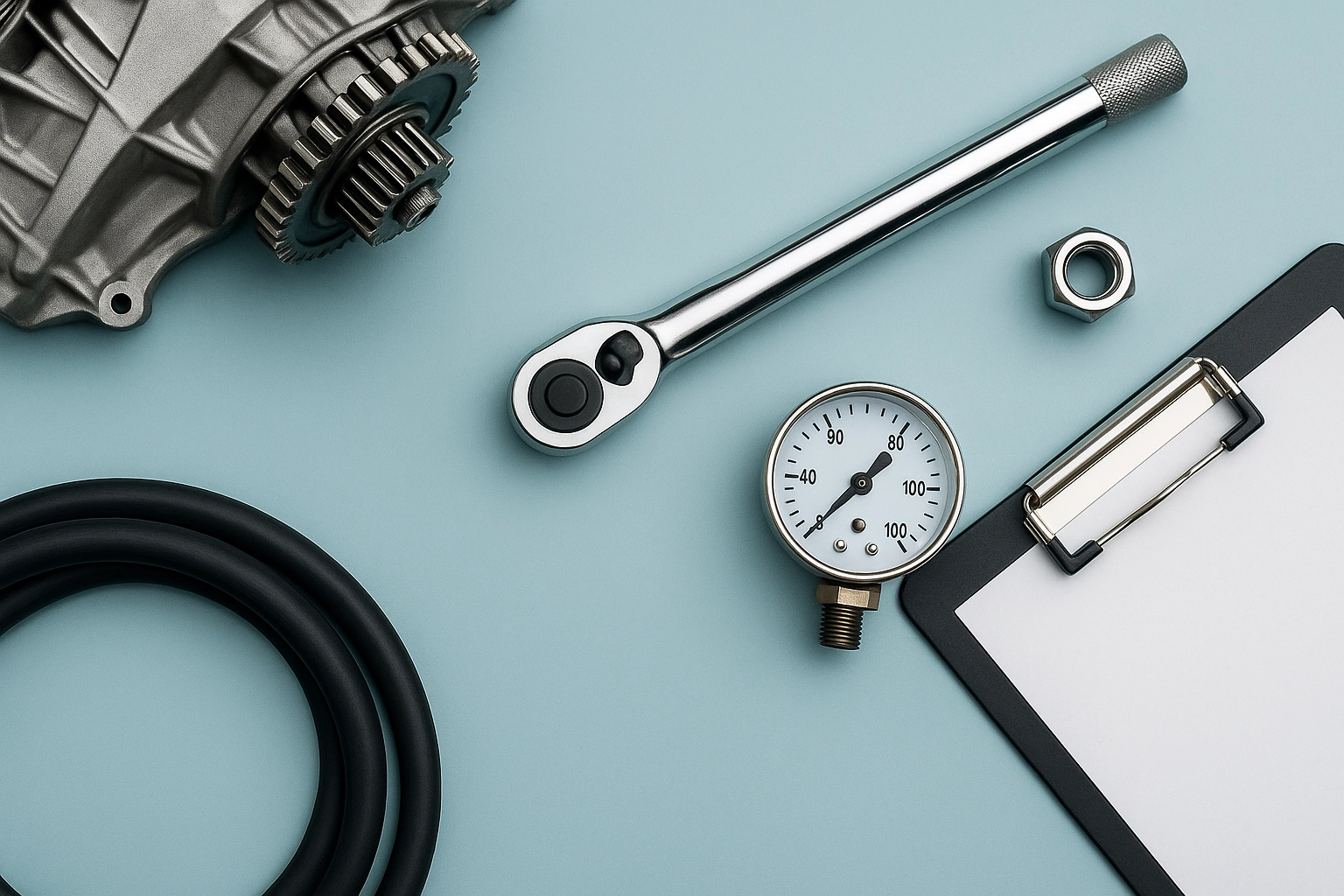JIS K2234 Automotive Radiator Durability Test
The JIS K2234 test is a critical procedure for evaluating the durability of automotive radiators. This test ensures that the radiator can withstand the harsh environmental conditions and operational stresses encountered during vehicle operation, thereby enhancing overall reliability and safety.
This testing method is particularly important in automotive manufacturing as it helps manufacturers ensure their products meet stringent quality standards. By subjecting the radiator to a series of controlled conditions, including thermal cycling and pressure testing, JIS K2234 provides insights into potential failure points under real-world usage scenarios.
The test involves placing the radiator in an environment where it is subjected to repeated temperature changes and fluid pressure. The primary goal is to assess the structural integrity of the radiator over time. This ensures that even after prolonged use, the radiator continues to perform efficiently without compromising on safety standards.
For automotive manufacturers, this test is a crucial step in their quality assurance process. It helps identify any weaknesses or flaws early in the design and manufacturing stages, allowing for necessary corrections before mass production begins. Compliance with JIS K2234 also adds credibility to the product, ensuring it meets international standards and can be trusted by consumers.
The testing procedure is meticulously designed to simulate various operational conditions that a radiator might face during its lifecycle. This includes exposure to extreme temperatures, fluctuating pressures, and prolonged periods of operation under load. By replicating these stresses in a controlled environment, the test provides valuable data on how well the radiator holds up over time.
One of the key aspects of this test is the use of specific criteria for acceptance. These standards ensure that only products meeting strict requirements are approved for sale and use. The process involves detailed documentation and rigorous inspection to guarantee accuracy and reliability in results.
| Applied Standards | Relevant Sections |
|---|---|
| JIS K2234: Automotive Radiator Durability Test Method | Section 5, Section 6 |
| ISO 10993-1 Biological Evaluation of Medical Devices – Part 1 | Sections for relevant sections on biocompatibility testing |
The test also plays a vital role in ensuring that radiators are safe and effective when used under various conditions. By adhering to the specified procedures outlined in JIS K2234, manufacturers can demonstrate their commitment to producing high-quality products that meet global safety standards.
- Thermal Cycling
- Fluid Pressure Testing
- Environmental Exposure Simulation
The rigorous nature of the test ensures that only radiators capable of withstanding these challenges are released into the market. This not only enhances consumer confidence but also contributes to reducing recalls and warranty claims, ultimately benefiting both manufacturers and end-users.
Applied Standards
| Standard | Description |
|---|---|
| JIS K2234: Automotive Radiator Durability Test Method | This standard specifies the procedures for testing the durability of automotive radiators, including thermal cycling and fluid pressure testing. |
| ASTM E1567-08(2019): Standard Practice for Determining Thermal Shock Resistance of Plastics | This standard provides guidance on how to perform thermal shock tests on plastic materials used in radiators. |
The application of these standards ensures that the testing process is consistent and reliable, allowing manufacturers to compare results across different models and batches. This consistency is crucial for maintaining quality control throughout production runs.
Quality and Reliability Assurance
The JIS K2234 test plays a significant role in ensuring the reliability of automotive radiators. By subjecting them to rigorous testing, manufacturers can identify potential weaknesses early on, allowing for timely corrections before mass production begins.
This level of assurance is particularly important given the critical role that radiators play in maintaining engine temperature and preventing overheating. A radiator failing due to manufacturing defects could lead to serious engine damage or even complete failure, posing significant risks to both drivers and passengers.
Through adherence to JIS K2234 standards, manufacturers can demonstrate their commitment to producing safe and reliable products that meet global quality benchmarks. This not only enhances consumer trust but also contributes to reducing warranty claims and recalls, ultimately benefiting all stakeholders involved in the automotive industry.
Use Cases and Application Examples
- New Product Development: JIS K2234 is used to evaluate new radiator designs before they enter the market. This ensures that any potential issues are identified early in the development process.
- Quality Control: Regular testing of radiators during production helps ensure consistent quality across all units produced.
- Supplier Evaluation: Suppliers may be required to submit samples for JIS K2234 testing as part of their evaluation process. This ensures that all parts used in the final assembly meet the necessary standards.
| Test Parameters | Acceptance Criteria |
|---|---|
| Thermal Cycling | Radiator should not show signs of damage after 10 cycles between -40°C and +85°C. |
| Fluid Pressure Testing | No leaks or structural failures allowed at a pressure of 20 bar for 30 minutes. |
The results of these tests provide valuable insights into the performance and durability of radiators under various conditions. This information is essential for improving product design, optimizing manufacturing processes, and ensuring compliance with international safety standards.





